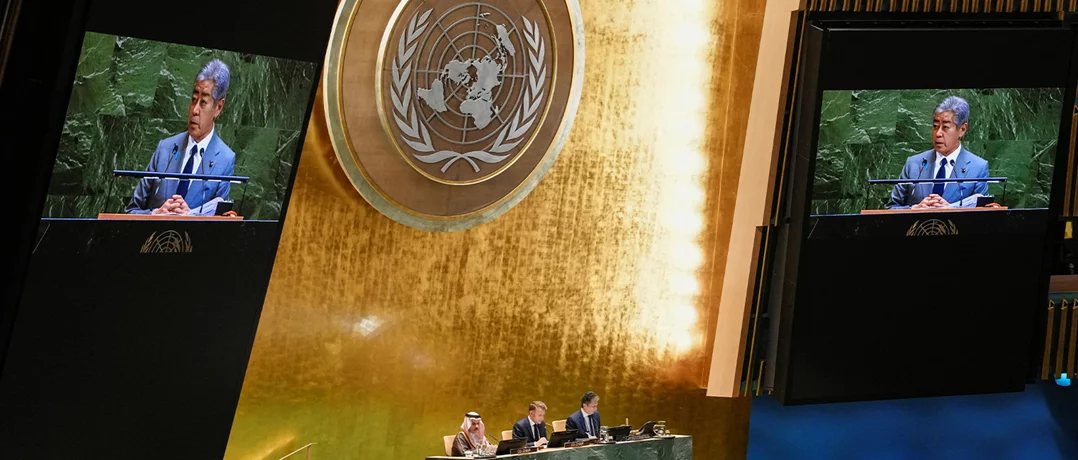Each new Western recognition boosts Palestine’s claim to statehood, reshaping international diplomacy while the realities on the ground remain contested.
What do western recognitions of a “Palestinian State” mean?
What do western recognitions of a “Palestinian State” mean?


On Sunday, September 21, the United Kingdom, Canada, Australia, and Portugal formally recognized the State of Palestine in a coordinated move that marked a significant diplomatic shift. Their decision added influential Western voices to the more than 75 percent of United Nations member states that already recognize Palestinian statehood.
While recognition does not settle disputes over borders or immediately change conditions on the ground, Palestinian leaders view these steps as vital to advancing their bid for full UN membership. At present, Palestine holds only “observer state” status, which limits its participation in international decision-making.
Strategic Palestinian objectives
For Palestinian officials, recognition is far more than a symbolic act. It is a strategic tool designed to advance several long-term objectives central to statehood.
Legal leverage: Recognition bolsters efforts to hold Israel accountable under international law, particularly on settlement construction and annexation in occupied territories.
Countering unilateralism: Each new acknowledgment strengthens Palestinian claims within frameworks such as the Arab Peace Initiative, which links peace with Israel to full withdrawal from occupied lands.
Consolidating legal identity: Recognition defines Palestine as a state with jurisdiction and international legal personality, laying groundwork for eventual sovereignty.
Expanding ties: Recognition opens the door to trade, cultural exchanges, and deeper bilateral relations with states that extend acknowledgment.
Practical steps after recognition
Recognition translates into tangible diplomatic measures. Palestinian missions are upgraded to embassies, ambassadors are exchanged, and bilateral treaties are signed. These steps grant Palestine many of the privileges and obligations of statehood, even while the occupation continues.
Legal and symbolic impact
Recognition also carries weight under international law. The International Court of Justice has affirmed that Israel has no legal right to annex occupied territories, and recognition reinforces this principle. It strengthens Palestine’s ability to pursue cases in international courts, where disputes between recognized states carry greater weight.
Beyond law, recognition provides Palestinians with a symbolic and moral boost. It reframes their struggle in international opinion: no longer merely a territorial dispute, but the unfinished project of a legitimate nation under occupation. This shift increases pressure on Israel and its allies particularly the United States, which has consistently opposed recognition.
Limits and significance
Despite its importance, recognition has clear limitations. Israel retains control over borders, resources, airspace, and the movement of people and goods in Palestinian territories. Settlement construction continues, checkpoints remain, and the blockade of Gaza persists. Recognition alone does not deliver sovereignty on the ground.
Yet the diplomatic consequences are significant. Each recognition increases pressure on Israel to re-engage in negotiations rather than dictate terms unilaterally. It strengthens Palestine’s hand in multilateral forums, giving its representatives greater credibility in the United Nations and at the International Criminal Court.
Crucially, recognition carries a cumulative effect. As more Western governments acknowledge Palestinian statehood, the diplomatic isolation of those who oppose it especially the United States and Israel becomes sharper. The conflict is reframed: Palestine is presented not merely as a population seeking autonomy, but as a state demanding rights under international law.
Recognition is both a moral affirmation and a practical mechanism for building the structures of statehood. It enables Palestine to function more like a state through embassies, treaties, and diplomacy even under the constraints of occupation. While it does not change realities on the ground, it reshapes the diplomatic landscape in meaningful ways. For Palestinians, recognition represents validation of their struggle and a strategic platform from which to pursue full sovereignty.


